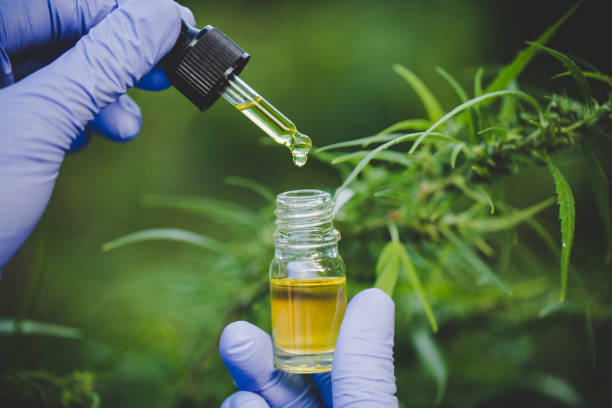In recent years, industrial hemp has emerged as a versatile and sustainable crop with significant economic and environmental benefits. Industrial hemp farms are at the forefront of this agricultural revolution, harnessing the potential of a plant that offers everything from eco-friendly materials to health-promoting compounds. This guest post explores the multifaceted world of industrial hemp farms, highlighting their impact, innovations, and future prospects.
Introduction: Embracing Hemp’s Promise
Industrial hemp, a variety of the Cannabis sativa plant species, is transforming agriculture and industry alike. Unlike its controversial cousin, marijuana, hemp contains minimal THC, the psychoactive compound, making it suitable for a wide array of industrial applications. From textiles to bioplastics, and even health supplements, hemp’s versatility knows few bounds. At the heart of this burgeoning industry are industrial hemp farms, which play a pivotal role in cultivating, refining, and innovating with this remarkable crop.
The Economic and Environmental Benefits
One of the primary drivers behind the rise of industrial hemp farms is their potential for economic growth and sustainability. Hemp requires significantly less water and fewer pesticides than traditional crops like cotton, while also enriching the soil it grows in. This makes it a compelling option for farmers seeking to reduce their environmental footprint while maintaining profitability. Moreover, hemp’s rapid growth cycle—typically 70-90 days—allows for multiple harvests per year, further enhancing its economic viability.
Innovations in Hemp Farming
The advent of modern agricultural techniques and technologies has catalyzed innovations within industrial hemp farming. Precision farming practices, such as controlled irrigation and soil management, optimize yields while conserving resources. Additionally, genetic research is expanding the range of hemp varieties available, tailoring plants for specific industrial purposes—from fiber strength to cannabinoid content for medicinal applications.
Applications Across Industries
Industrial hemp farms supply raw materials to diverse sectors, driving innovation across industries. In construction, hempcrete—a blend of hemp fibers and lime—is revolutionizing sustainable building practices, offering superior insulation and carbon sequestration properties. In textiles, hemp fibers are prized for their durability and breathability, challenging conventional fabrics with a more eco-friendly alternative. Furthermore, the extraction of cannabinoids like CBD from hemp is fueling a booming market for wellness products, from skincare to pharmaceuticals.
Challenges and Regulatory Landscape
Despite its promise, industrial hemp farming faces regulatory challenges in many regions. Variability in THC content regulation, coupled with historical stigma, has hindered widespread adoption and investment. Clear, science-based policies are crucial to unlocking the full potential of hemp farming, ensuring both consumer safety and industry growth.
Looking Ahead: The Future of Hemp Farms
As public awareness grows and legislative barriers evolve, the future of industrial hemp farms appears bright. Continued research and development will refine cultivation techniques and expand hemp’s applications, reinforcing its position as a cornerstone of sustainable agriculture. With consumer demand for eco-friendly products on the rise, hemp stands poised to lead the charge towards a greener, more prosperous future.
Conclusion
Industrial hemp farms represent more than just agricultural enterprises; they embody a shift towards sustainable practices and innovative solutions. As they continue to harness the potential of this extraordinary crop, industrial hemp farms are shaping a future where environmental stewardship and economic prosperity go hand in hand. By supporting research, advocating for sensible regulation, and embracing hemp’s versatility, we can all contribute to a more sustainable world driven by the promise of industrial hemp farms.

